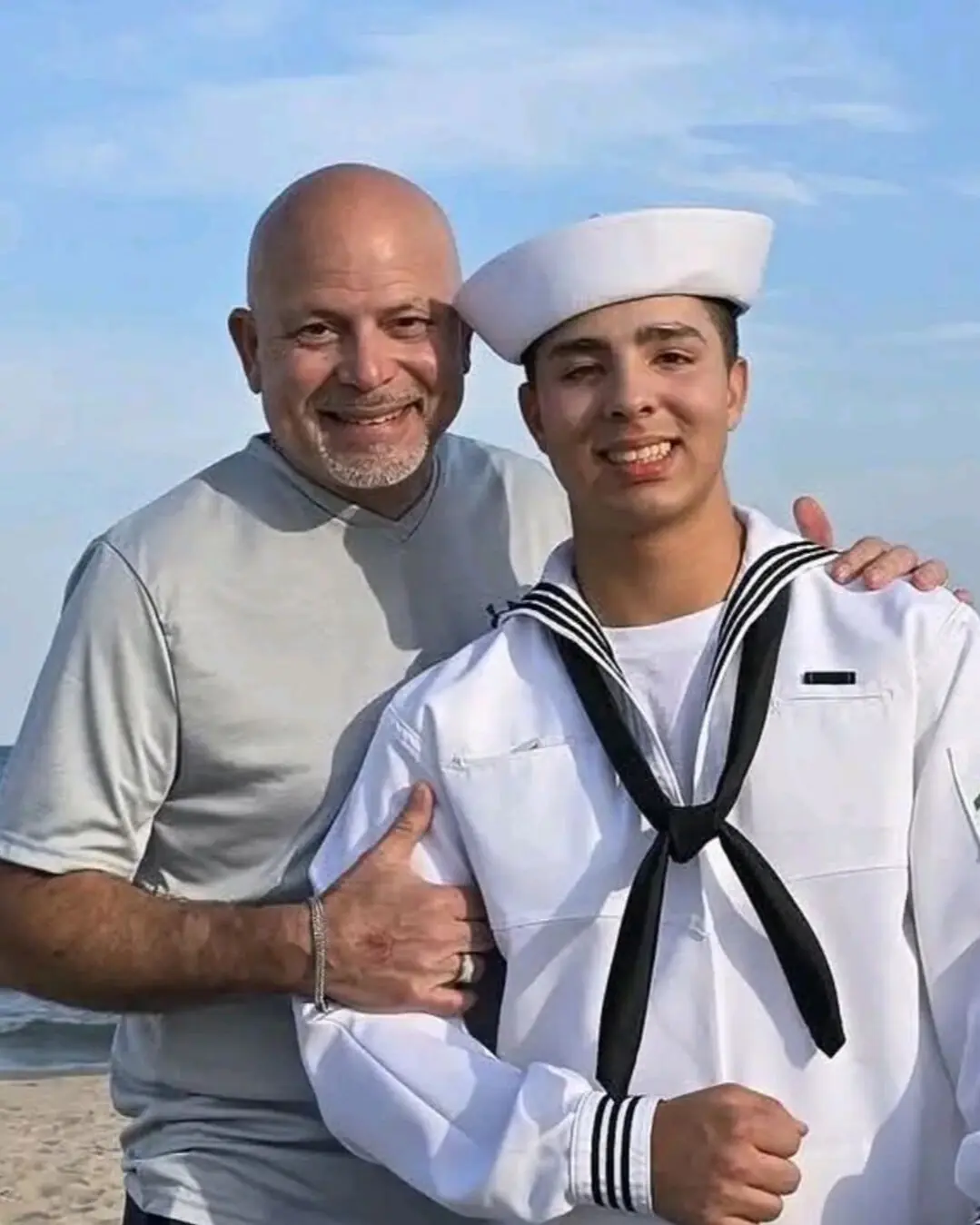
Bernard A. Harris Jr., First Black Astronaut to Perform a Spacewalk, Inducted Into U.S. Astronaut Hall of Fame
Dr. Bernard A. Harris Jr.: From Space Pioneer to Hall of Fame Legend
His contributions to space exploration will never be forgotten.

In 1995, Dr. Bernard A. Harris Jr. quite literally floated into the pages of history. As a mission specialist aboard the Space Shuttle Discovery (STS-63), he became the first Black astronaut to perform a spacewalk — a milestone that broke racial barriers and inspired a generation of dreamers across the globe (NASA).
“In truth, I didn’t know I was the first African American until I got back inside and I got the call that President Clinton wanted to talk to me,” Harris recalled in an interview with Smithsonian Magazine. “I kind of went like, ‘What for?’”
That spacewalk, part of a mission designed to simulate docking with Russia’s Mir Space Station, placed Harris among an elite circle of explorers. Yet, for him, that achievement was not about glory — it was about progress. Nearly three decades later, his name has now been officially enshrined in the U.S. Astronaut Hall of Fame, honoring a lifetime dedicated to science, leadership, and mentorship (Space.com).
On May 31, 2025, Dr. Harris was formally inducted into the Hall at NASA’s Kennedy Space Center Visitor Complex in Florida. As he stood before his newly unveiled plaque and received the induction medal, the 65-year-old pioneer joined the ranks of America’s most celebrated space legends, becoming the 110th astronaut ever inducted (NASA Press Release, 2025). Though fellow honoree Dr. Peggy Whitson — the American with the most cumulative time in space — could not attend, Harris’ recognition stood as a moving testament to his trailblazing spirit.
Born in Temple, Texas, in 1956, Harris’ fascination with space began early. When he watched Neil Armstrong’s first steps on the Moon in 1969, the 13-year-old saw more than an astronaut — he saw a calling.
“I was old enough to live through the civil rights movement,” Harris reflected. “I could turn one TV channel and see humanity reaching the Moon, then switch to another and see Black Americans fighting for their right to vote or simply to exist. That duality shaped how I saw the world.” (Black Enterprise)
While he never saw anyone who looked like him among NASA’s astronauts, Harris refused to accept invisibility as fate. “If I didn’t see someone who looked like me,” he said, “then I decided I’d have to be that person.”
His determination paid off. After earning a medical degree from Texas Tech University Health Sciences Center and serving as a flight surgeon, Harris was selected as a NASA astronaut candidate in 1990. He made his first journey into orbit aboard Columbia (STS-55) in 1993, serving as a mission specialist for a 10-day Spacelab flight focused on life sciences research (NASA Biography). Two years later, his Discovery spacewalk — lasting over four hours — cemented his legacy among the stars.
Beyond his astronautic feats, Harris has devoted his post-NASA career to empowering others. He founded The Harris Foundation, a nonprofit organization promoting STEM education for underrepresented youth, reaching more than 20,000 students annually across the United States (The Harris Foundation, 2024). He has also served on multiple boards, including the National Math and Science Initiative and Space Foundation.
Today, as his bronze plaque joins those of Neil Armstrong, Sally Ride, and John Glenn, Dr. Harris’s story continues to remind the world that the sky is not the limit — it’s only the beginning.
“I tell young people all the time,” Harris said, “you don’t have to be defined by your circumstances. You can be defined by your dreams — and by how hard you work to make them real.” (NASA Interview, 2025)
Congratulations, Dr. Bernard Harris — you didn’t just make history, you became history.
News in the same category


Kylie Kelce has the best reaction to Taylor Swift’s raunchy ‘Wood’ song about brother-in-law Travis

50 Cent's extreme body transformation left people questioning whether it was actually real
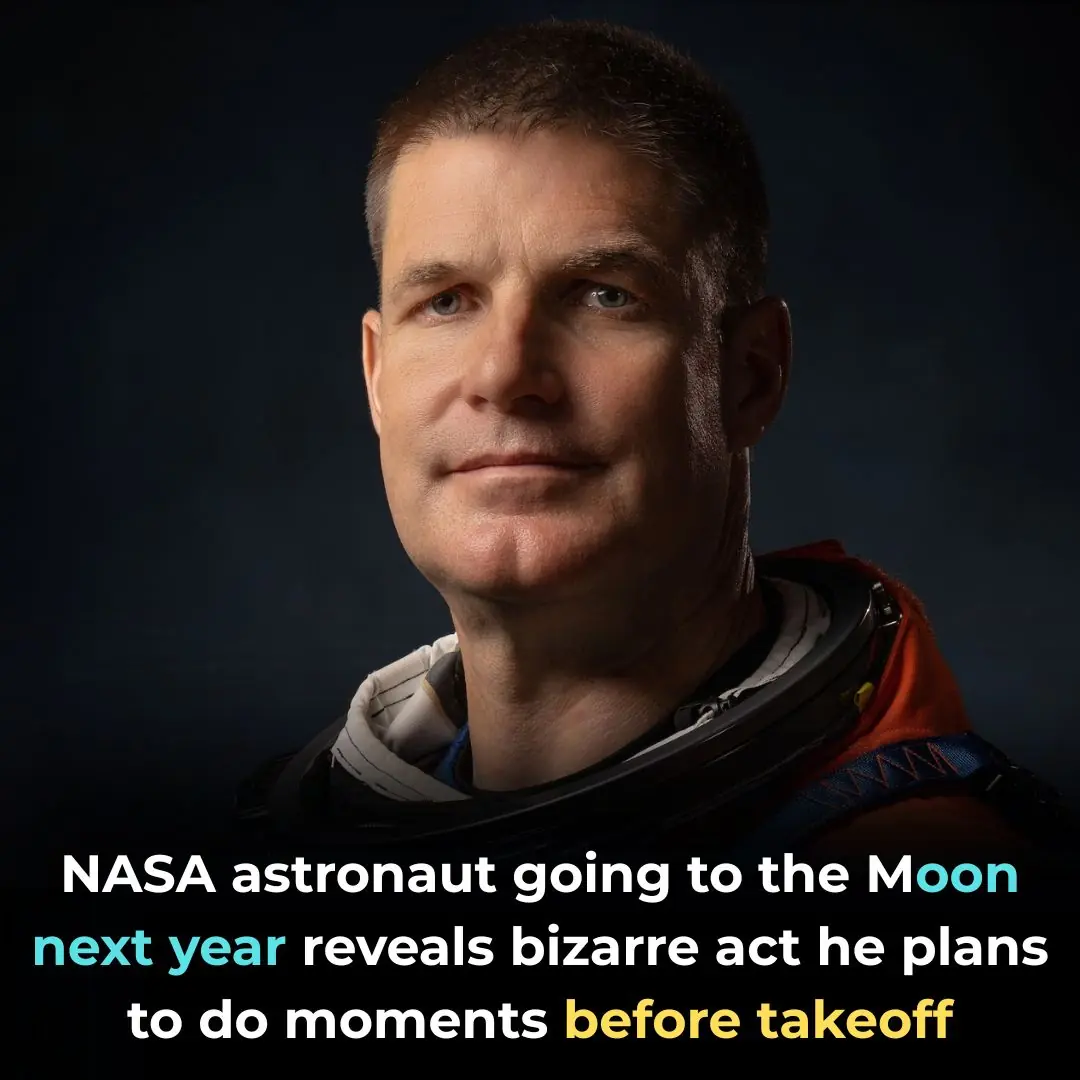
NASA astronaut going to the Moon next year reveals bizarre act he plans to do moments before takeoff

Ben Stiller gives heartbreaking admission about 5-year separation from wife

Donald Trump reveals real reason why he's never drunk a drop of alcohol

Demi Lovato shows off her incredibly taut face as she wears a daring skin tight bodysuit at Coperni show during Paris Fashion Week

Kylie Jenner flaunts her curves in a plunging sheer black lace dress as she makes a showstopping entrance for Paris Fashion Week's Miu Miu show

Julia Fox Recalls Spending $68,000 on 'Hundreds' of Designer Items in 1 Night Using an Ex's Credit Card

Demi Moore Brings Back Her Iconic Bangs ‘For the First Time Since the Striptease Days!’

Inside Angelina Jolie’s plans to move from ‘unrecognizable’ America to Cambodia following Brad Pitt divorce

‘Trade For Shedeur Man SMFH’: NBA Star Dame Lillard Wants Raiders To Dump Pick-Prone QB Geno Smith While Dillon Gabriel Gets Dragged Into Backlash

How Hilaria Baldwin reacted to shocking ‘DWTS’ elimination during Disney Night

Kamala Harris Makes Surprise Appearance at Compton High Graduation After Chance Encounter With Student
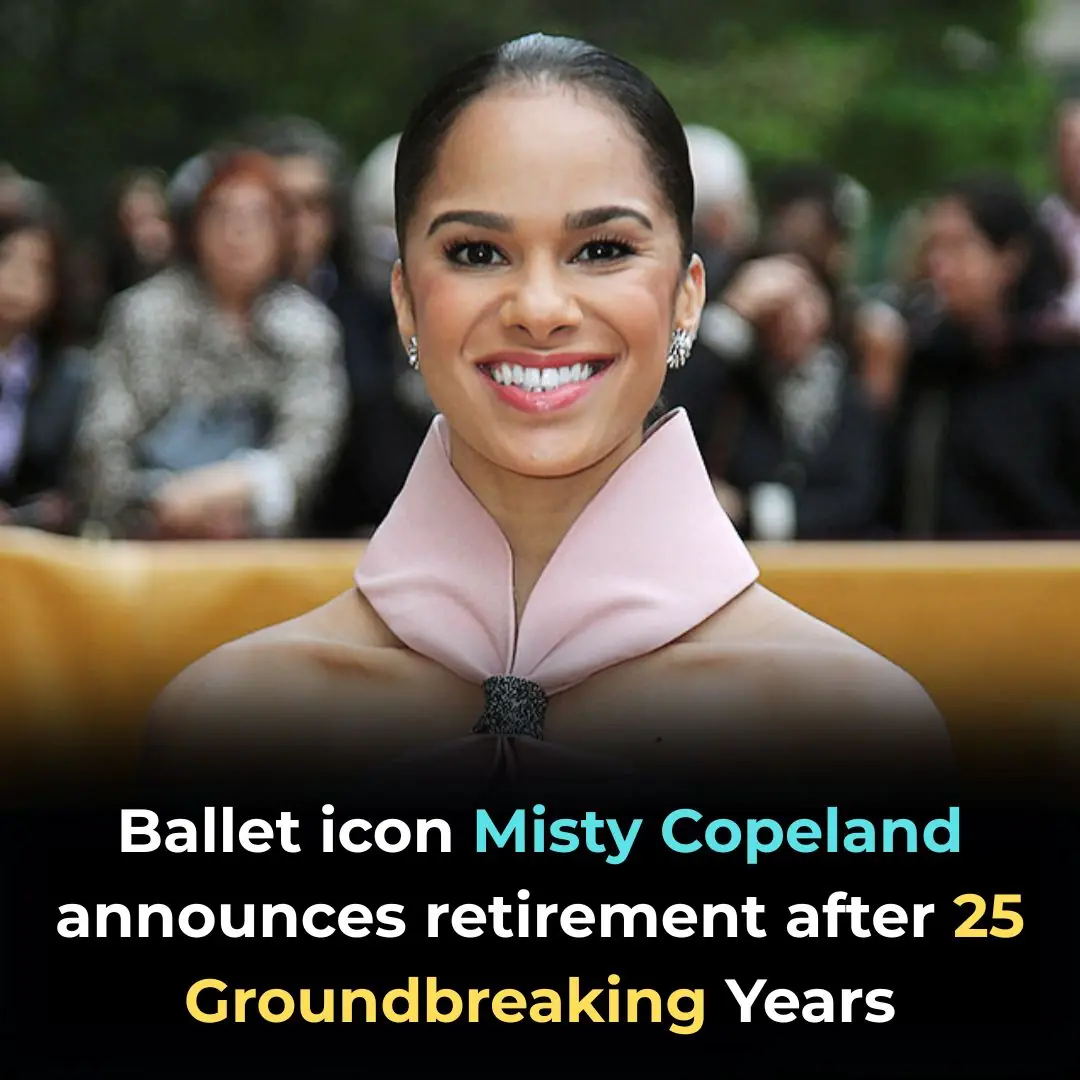
Ballet Icon Misty Copeland Announces Retirement After 25 Groundbreaking Years

Juici Patties Makes History as First Jamaican Fast-Food Chain to Successfully Expand to the U.S.

Tems to Headline First-Ever FIFA Club World Cup Final Halftime Show

BLK & Bold, the First Black-Owned Nationally Distributed Coffee Brand, Expands to Costco

Trump Schedules White House UFC Fight for His 80th Birthday After Sharing Plans for the Dramatic Stage
News Post

Just Add a Few Drops of This When Frying Eggs — They Puff Up Fluffy and Soft, Two Eggs Seem Like Four

KISS legend Gene Simmons, 76, hospitalized after scary car crash in Malibu

Pick your wing to reveal who your guardian angel is

Little Button on Your Seat Belt

Papaya Leaves: Do Not Make This Hair Treatment if You’re Not Ready for Extreme Hair Growth

Kylie Kelce has the best reaction to Taylor Swift’s raunchy ‘Wood’ song about brother-in-law Travis

DIY Tomato and Turmeric Cream for Glowing Skin and Pink Lips

50 Cent's extreme body transformation left people questioning whether it was actually real

NASA astronaut going to the Moon next year reveals bizarre act he plans to do moments before takeoff

12 Weird Diabetes Skin Problems You Need To Know

Doctors REVEAL that guava leaf tea causes in...
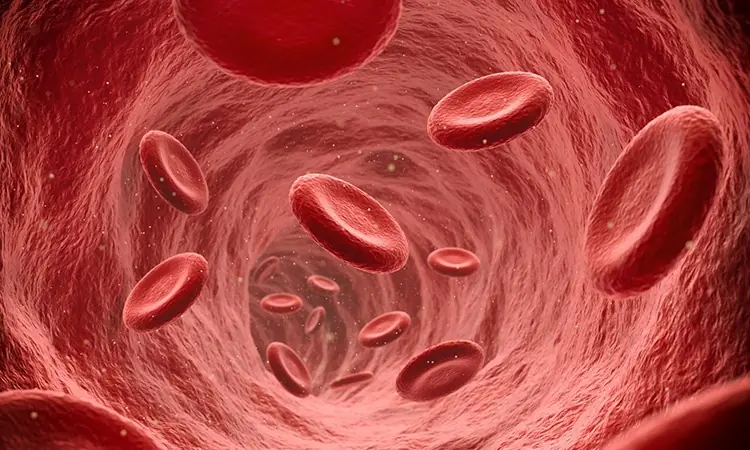
Simple Ways to Lower Cholesterol Naturally

The Greyhound and the Rabbit: An Unlikely Pair That Proved Love Has No Boundaries

10 Simple Lifestyle Changes That Drastically Reduce Your Stroke Risk

How the sandstone pillars of Monument Valley were actually formed

Four Boys, One Dog, Endless Courage

20+ Iceland Photos You Won’t Believe Are From This Planet
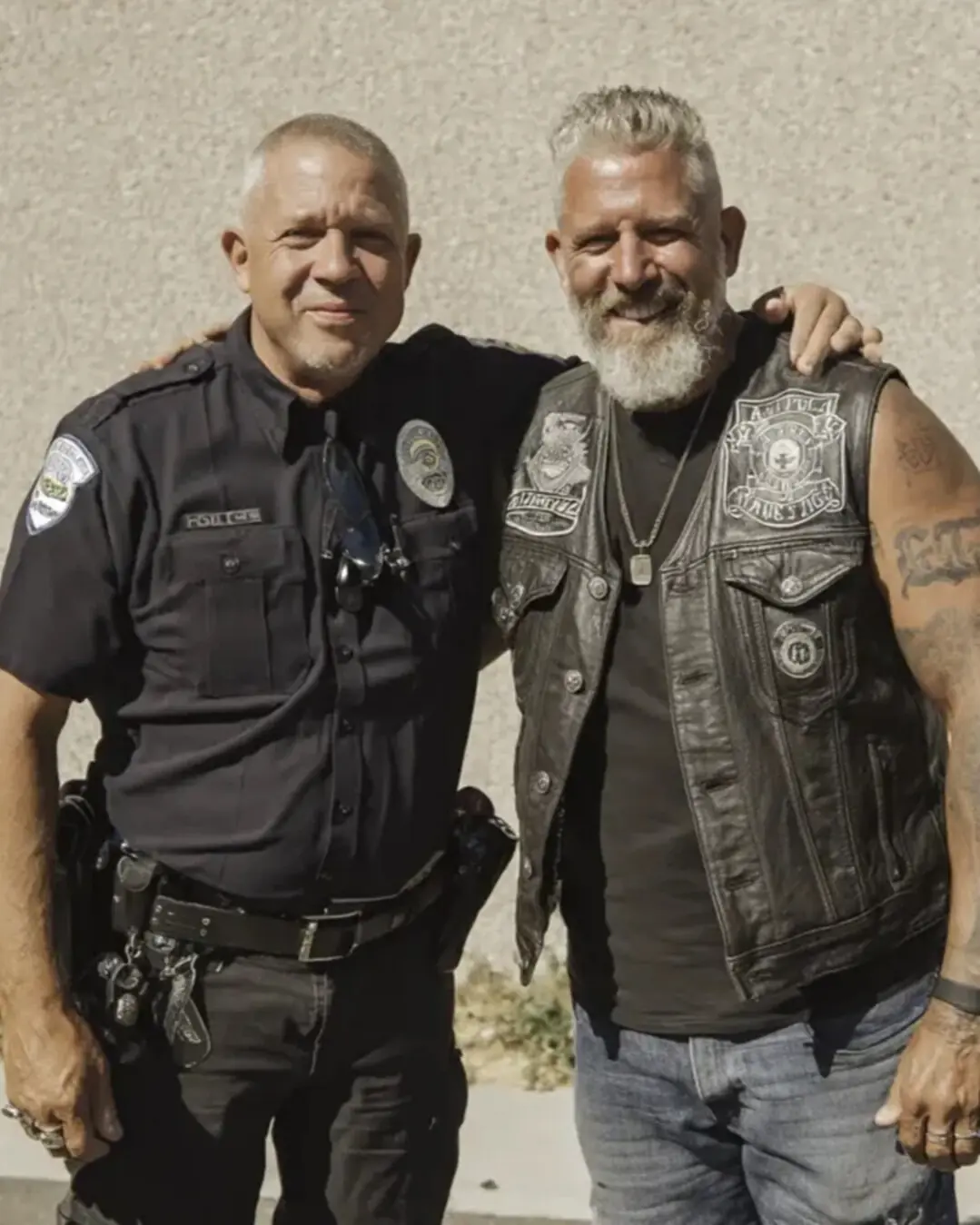
The Cop Who Fixed a Taillight and Lost Everything.

Ginger and Red Date Tea: The 97-Year-Old Grandma’s Secret Longevity Drink
